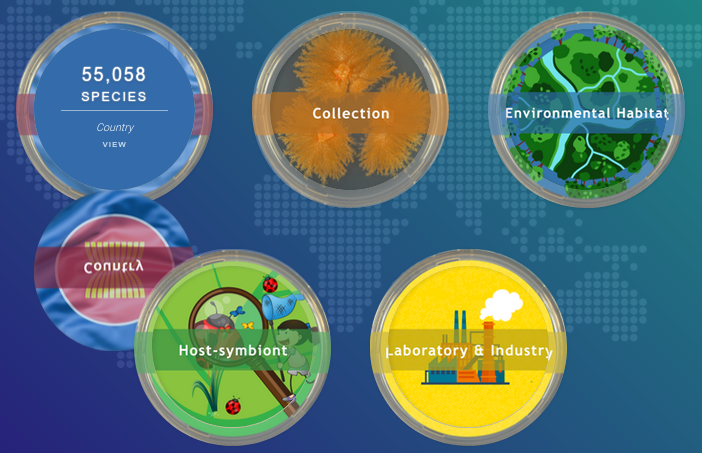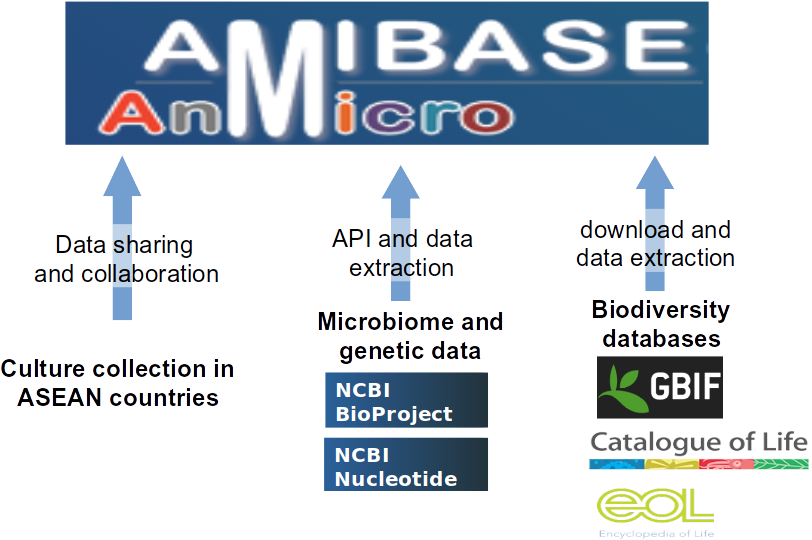Southeast Asia is one of the global biodiversity hotpots, teeming with rich and diverse microorganisms that serve as biotechnological resources. AmiBase help consolidate the microbial diversity data in the region which are instrumental in microbiological research.
|
|
|
|
AmiBase has acquired and extracted ASEAN microbial diversity from various available sources. Then microbe species in Amibase’s database are categorized into groups; bacteria, archaea, fungi, protozoa, algae, and viruses based on their higher-level taxonomic classifications.
|
|

